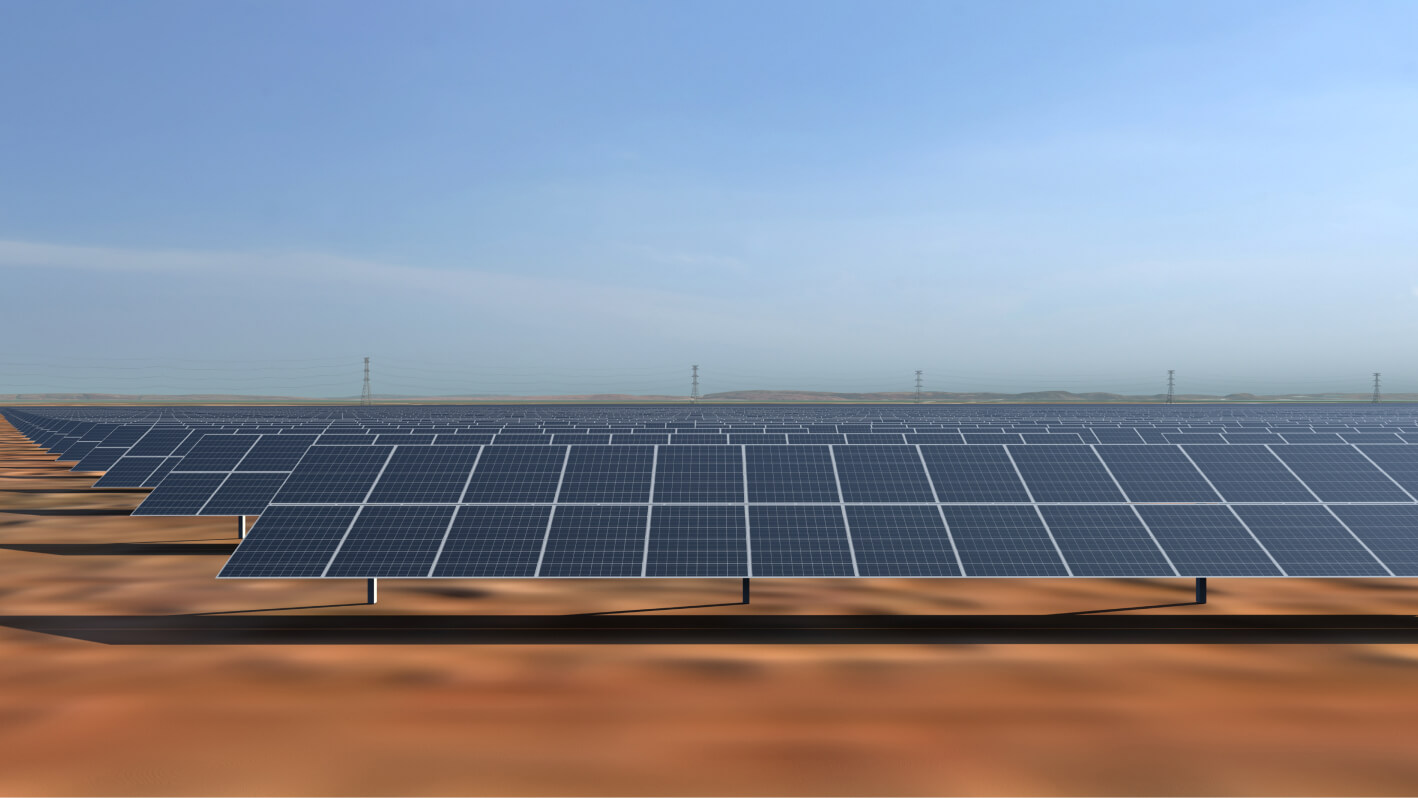
Case Study: Applying our human rights approach to solar opportunities
Case Study - Applying our human rights approach to solar opportunities
There have been a number of reports relating to modern slavery risks in the global solar photovoltaic supply chain.1 Due to the complexity of solar supply chains, there are several challenges to completing comprehensive due diligence of the full end to end supply chain, particularly the upstream supply of raw materials used in the manufacture of solar panels.
Modern slavery formed a key part of our supplier assessment for the proposed Woodside Solar Facility in the Pilbara, Western Australia. We worked closely with our renewable developer to understand their approach to modern slavery, broaden our knowledge of the risks and options in the supply chain and to understand approaches to responsible sourcing. This included an independent consultant review of the industry’s main suppliers.
Our assessment included an examination of the supply chain transparency and modern slavery policies of our supplier. The contract for the chosen solar panel supplier applies measures such as traceability reporting, transparency on site location and raw material supplier information as well as modern slavery reporting and notifications. Given the risks associated, the renewable developer is also required to produce a modern slavery management plan which outlines key deliverables and ongoing reporting requirements.
As Woodside progresses our renewable projects, we continue to apply our human rights approach and work collaboratively with peers, suppliers and government to stay informed on the evolving approach to modern slavery in renewable energy supply chains.

